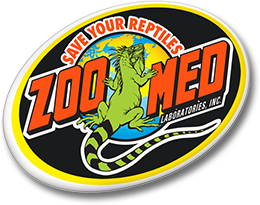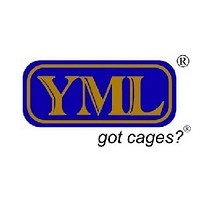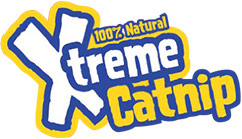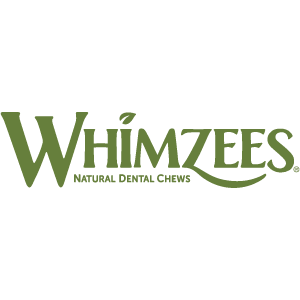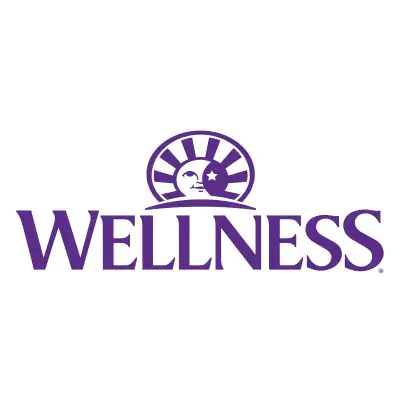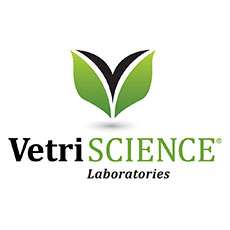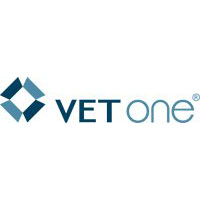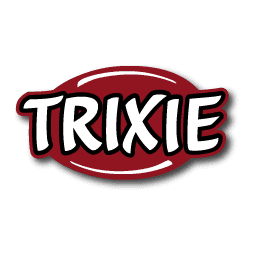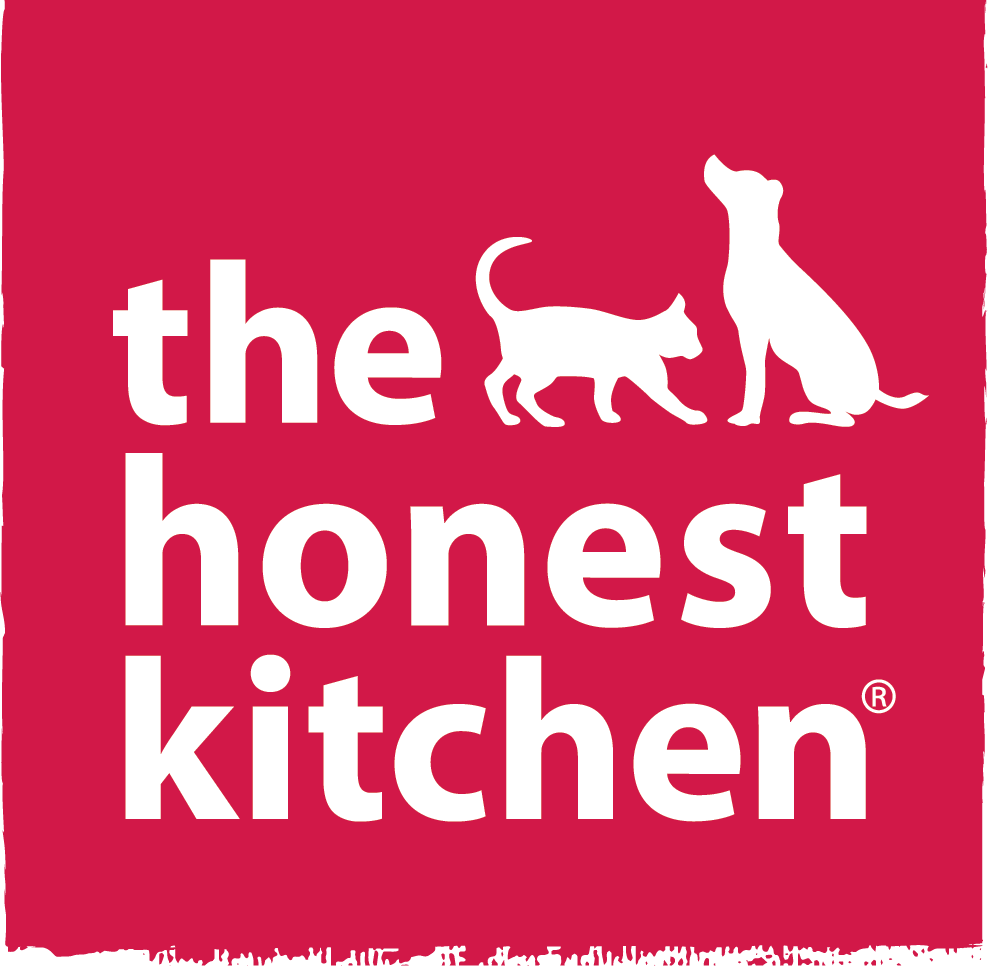18 Dangerous Human Foods That Cats Are Not Allowed To Eat
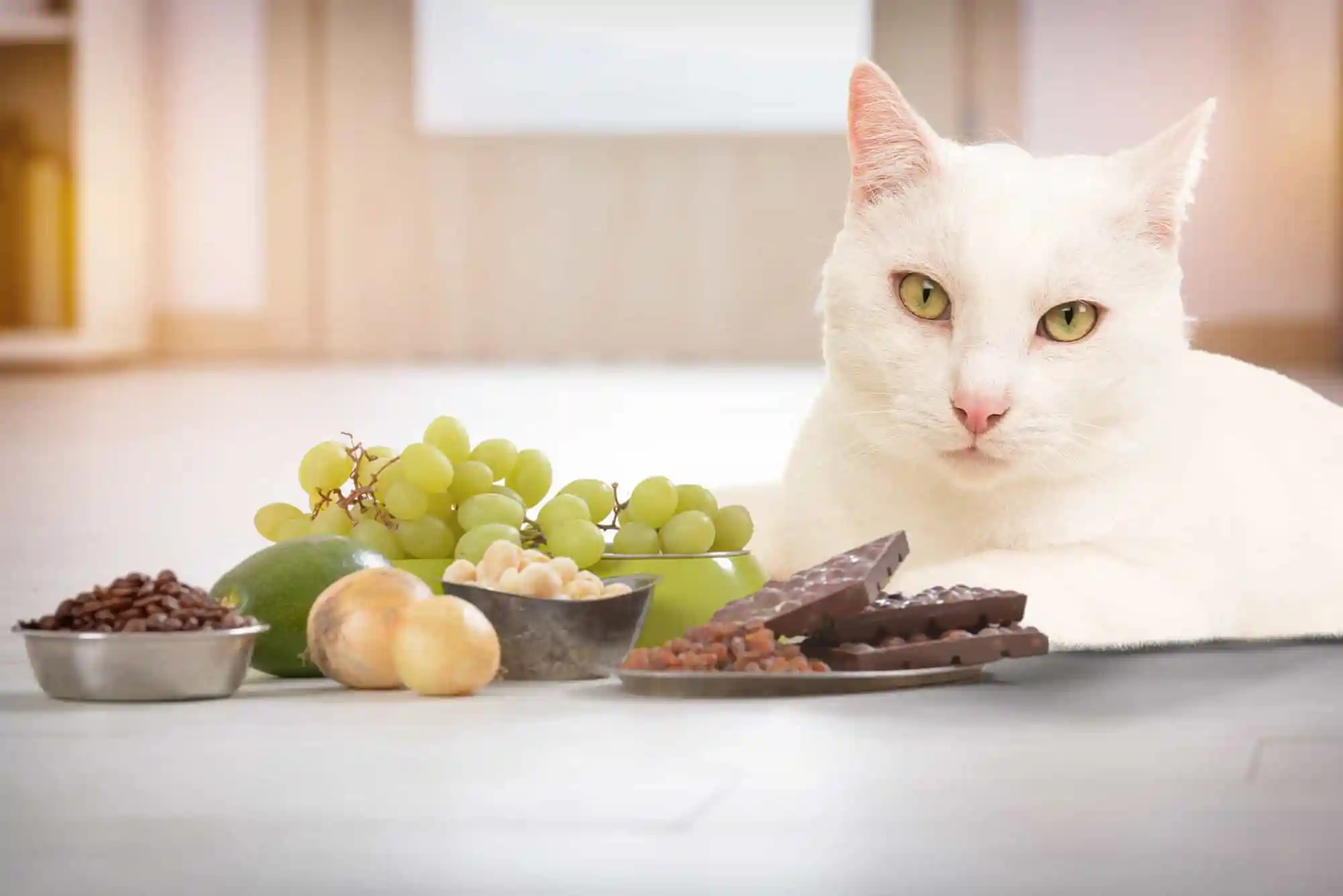
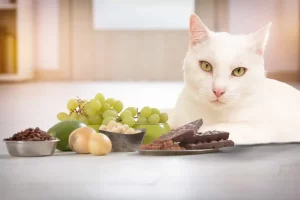
Cats are finicky eaters, but it doesn’t stop them from trying new things. While your kitten may show interest in a food item you have, certain foods are hazardous or dangerous to cats.
Take a look at this list to keep your kitten safe.
1. Alcoholic Beverages and Foods
Alcohol is lethal to cats and dogs. While some may find it amusing to provide their pet alcohol, this is deemed abusive and endangers their lives. If your cat drinks alcohol, you may notice stomach issues, respiratory difficulties, and confusion. Alcohol poisoning may cause unconsciousness or death in pets. Pay attention to alcohol and its derivatives in meals.
2. Avocados
Cats are obligate carnivores with a unique digestive system. Avocado skin contains persin, which is poisonous to cats and dogs. The fat content in avocado may cause vomiting/diarrhea or severe pancreatitis in cats.
Birds, horses, and goats are among the creatures that cannot consume avocados due to their toxicity. Dogs are particularly prone to eating apple pits (ingestion can cause suffocation or impaction).
3. Chocolate
Chocolate is dangerous for cats. Cats don’t like chocolate, but anything with cocoa or chocolate chips puts them in danger. Diarrhea, vomiting, heart and blood pressure difficulties, and occasionally dyspnea are common in chocolate-eating pets
Milk chocolate is less harmful than dark chocolate because it includes more milk fat (fats generally contribute to acute pancreatitis), but dark chocolate is more poisonous.
Quantity matters: A 60-pound dog eating one milk chocolate chip is unlikely to be harmed; a 60-pound dog eating three milk chocolate bars is another matter. Use this toxicity meter calculator to assess the danger depending on your pet’s weight, chocolate kind, and quantity. This is for dogs, not cats, and the effects differ by species. If your cat or pet eats anything harmful, call your vet right once.
4. Dairy
Dairy has long been considered as being hazardous for cats. The idea of giving cats milk is completely false (it should not be done, plain and simple). Some cats appreciate modest amounts of cheese and dairy (such a parmesan flakes or a cottage cheese curd), but dairy from cows and other animals may cause serious stomach discomfort (similar to humans who experience lactose intolerance).
Dietary dairy may cause stomach upset in cats. Also, never feed dairy to kittens (unless nursing from their mom or on a vet-approved milk replacer).
5. Caffeine
Caffeine affects cats differently depending on how much they drink. A few inadvertent licks of the chemical may not cause severe issues, but any more will need an emergency vet visit. Caffeine poisoning symptoms appear within 30 minutes after consumption and may continue up to 12 hours.
Dropped coffee beans, for example, are very hazardous to cats. Caffeine and coffee are harmful to tiny animals and may kill them. Caffeine may be found in foods like black tea or other beverages.
6. Citrus (Oranges, Lemon, Lime, Grapefruit, Tangerines)
Citrus is also used to dissuade negative behavior in cats, as it is in dogs. But don’t use it on or around your cat! Citrus, limonene, and linalool are unpleasant and irritate mucosal membranes in cats.
Citrus consumption causes gastrointestinal upset and skin inflammation in cats. Use caution if you have an essential oil diffuser in your home—avoid citrus!
7. Dog Food
Although pet food is often made by the same firm and your cat may like dog food, you should not mix the two. This is because dog food and cat food have distinct nutritional needs.
Cats are strict carnivores that only consume meat. Dogs are omnivores and can consume both meat and grains. They need high protein and fat diets with taurine in particular. These foods should not be exchanged since they might induce GI distress.
8. Garlic
Garlic is known to be harmful to cats. Although some homeopathic veterinarians may argue that garlic is good for dogs, it is not good for cats. Garlic contains thiosulphate, which may cause hemolytic anemia. Most cats dislike garlic, but an inquisitive cat could give it a try. Warning: garlic powder and too much salt in chicken or beef broths and infant meals.
9. Onions/Chives/Shallots
Like garlic, these foods contain thiosulphate, which may cause hemolytic anemia in cats. Your cat may attempt to pluck these plants from the yard or locate onion scraps or plant parts when you cut them up in the kitchen, so be cautious. These plants (bulbs, roots, shoots, greens) are toxic to cats. As stated before, broths and seasoned meat may also include onion powder. Always read labels.
10. Grapes/Raisins/Currents
Unlike grapes and raisins, currents are a lesser-known concern to dogs and cats (they are in the same family). Grapes, raisins, and currents harm dogs’ livers and should be avoided by cats.
11. Human Drugs
Despite the similarities between human and pet drugs, never give your cat human medication. Human pharmaceuticals that be fatal to pets include:
- Antidepressants: Veterinarians sometimes prescribe antidepressants for dogs, but too much might create neurological issues.
- ADHD/ADD drugs: ADHD and ADD stimulants and medications may be fatal to pets.
- NSAIDs like Motrin and Advil may cause kidney and liver damage.
- Acetaminophen: Harmful to RBCs
- Toxic birth control pills
Other harmful drugs for dogs include thyroid hormones, ACE inhibitors, and beta-blockers. Keep them hidden and safe. Never count or give your pills around your pet. Never give your pet human medication—only your vet can do this.
12. Walnuts with Macadamia Nuts
Macadamia nuts harm cats (they are also toxic for dogs). They may induce sadness, nausea, vomiting, and lethargy/weakness. If your cat or dog eats macadamia nuts, immediately take them to the vet or contact to discuss the amount they ate. Your vet will know.
13. Liver
Beef liver is high in vitamin A and may induce vitamin A poisoning in cats. Muscle pains, hyperesthesia, and skeletal difficulties are signs of vitamin A toxicity. Eating too much organ meat may cause this. Giving your cat table scraps might also cause this. Avoid supplements like cod liver oil.
Vitamin A poisoning develops in older cats. It’s heartbreaking to see—your cat may be sensitive to touch and movement. If you wish to try a new diet for your cat, speak to your vet first.
14. Raw Eggs
Raw eggs may be harmful to dogs and cats due to Salmonella and E. coli risks. Avitin (vitamin B) is not absorbed properly in the digestive tract, resulting in long-term nutritional shortages and systemic problems.
15. Raw Bones and Meat
The fact that cats are obligate carnivores means that giving them raw fish, meat, or anything with bones is a poor idea.
Raw meat may include parasites as well as salmonella and E. coli. Bones may also become stuck in your cat’s esophagus or splinter and enter the digestive system, puncturing or irritating intestinal walls. Consumption of bones may also cause impaction.
Despite the notion that cats are wild and built to digest raw meat and bones, keep in mind that they have been tamed for many years.
16. Trimmings
Due of the high fat content, trimmings should not be fed to pets. The fat and spices in meats may trigger severe pancreatitis, diarrhea, and vomiting.
This meal is extremely rich for your cat and might cause problems. If you must give them a taste, offer them just a pea-sized quantity. Family members must follow the same rules.
17. Xylitol
Xylitol is toxic to cats and dogs. It is a sugar replacement (chemical and sugar alcohol) used in many foods. It’s often used in diet goods and tastes like sugar. Yeast is a significant source of vitamin B12.
Xylitol is toxic to cats and dogs, causing hypoglycemia and liver failure. If your cat or pet ingests xylitol, call your vet immediately (within the first 15 to 30 minutes of ingestion). Vomiting, depression/lethargy/weakness, seizure, tremors/seizure, and coma risk. Get them treated straight away.
18. Yeast (Bread Dough)
Yeast and uncooked dough are poisonous to cats and dogs. Because bread rises in the stomach, it may cause your cat to require emergency surgery to open up the gastric space and remove it. Never give your pets uncooked dough.
Petstup is an official seller of the many well-known pets brands, focused on improving the lives of pets, pet parents and our partners. We proudly offer a large variety of pet nutrition products and supplies competitively priced for dogs, cats, reptiles, fish, birds and small animals. Petstup is your one stop shop for all your pet’s needs. All our products are authentic, and pass all mandatory United States standards and veterinary practices. We run several warehouses across the United States to serve you better and faster.


